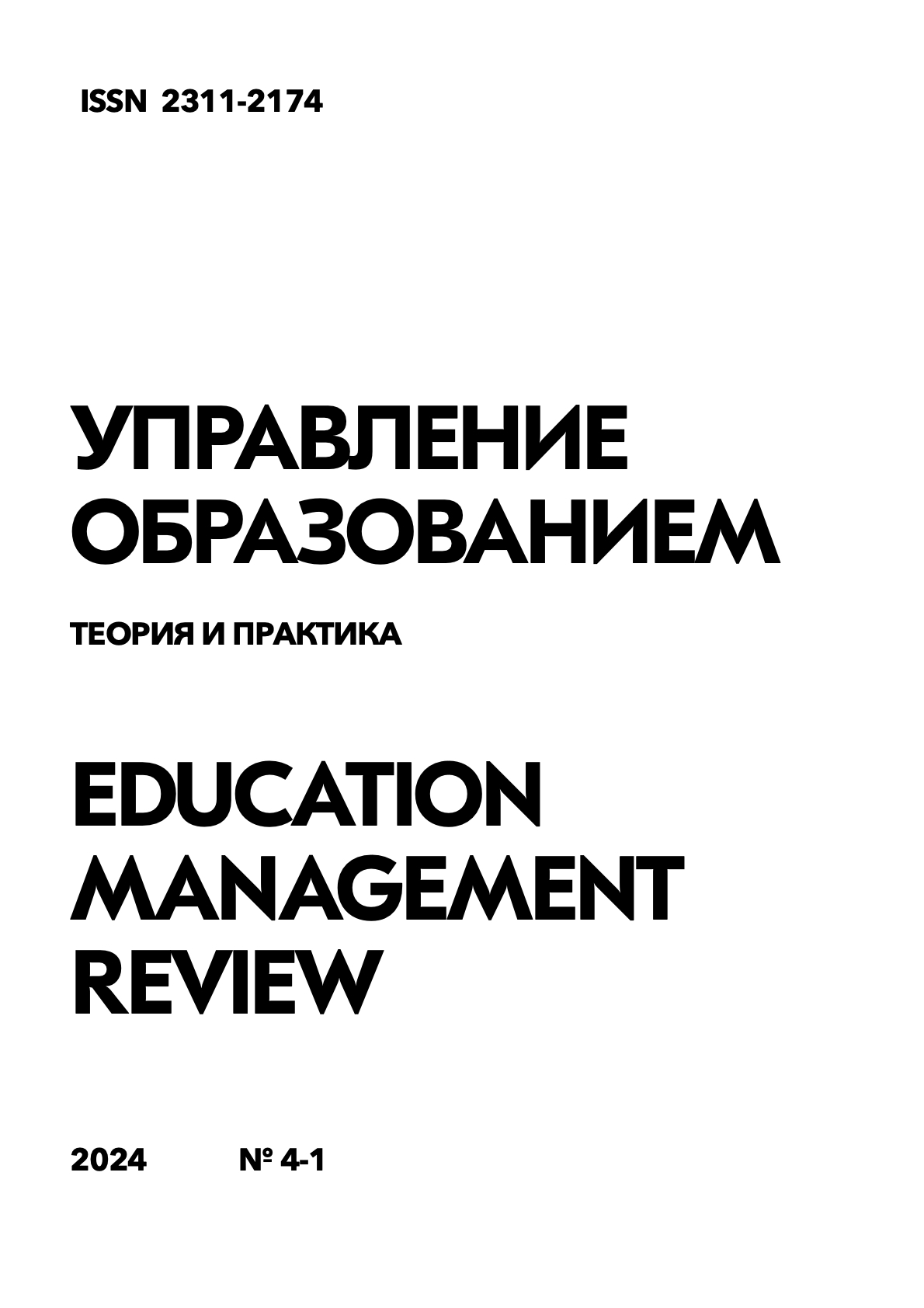Формирование лингвистической культуры в процессе преподавания студентам высших учебных заведений лексических дисциплин
Ключевые слова:
Лингвистическая культура, преподавание, формирование компетенции, образование, развитиеАннотация
Лингвистическая культура позволяет человеку общаться и понимать не только само значение слов, но также и определить возможности по формированию среды, в которой происходит развитие понимания лексики. Необходимо не только развивать понимание культуры иноязычного государства в процессе пребывания в нем, но также и обучать подобной культуре при изучении самого языка. Необходимость сочетания подобных компонентов и определяет актуальность проводимого исследования. Новизна работы заключается в том, чтобы точно определить насколько реально интегрировать процесс изучения самого языка и непосредственно культуры, которая должна учитываться при выборе языка. Авторы в статье определяют возможность подобной интеграции на основе комплексного сочетания процессов подготовки студентов как будущих специалистов. В частности, авторы рекомендуют использовать методы интерактивного взаимодействия между носителем лингвистической культуры и человеком, который данный язык выбирает как рабочий. Подобная практика авторами трактуется как получение профессиональной лингвистической культуры. Практическое применение полученных данных определяется тем, что формируется целостная система структурного взаимодействия между системами практической ориентированной подготовки и возможностями по формированию лингвистической культуры родного языка при межкультурном обмене.
Библиографические ссылки
Al-Kahtany, Abdallah Hady. 1996. “Literacy from a Linguistic and a Sociolinguistic Perspective.” International Review of Education 42(6): 547–62. https://doi.org/10.1007/BF00601402.
Bonvillain, Nancy. 1985. “Continuity and Change in Linguistic Research.” Dialectical Anthropology 9(1): 119–25. https://doi.org/10.1007/BF00245125.
Brodhead, Matthew T, Lillian Durán, and Sarah E Bloom. 2014. “Cultural and Linguistic Diversity in Recent Verbal Behavior Research on Individuals with Disabilities: A Review and Implications for Research and Practice.” The Analysis of Verbal Behavior 30(1): 75–86. https://doi.org/10.1007/s40616-014-0009-8.
Chen, Stephen, Ronald Geluykens, and Chong Ju Choi. 2006. “The Importance of Language in Global Teams: A Linguistic Perspective.” Management International Review 46(6): 679. https://doi.org/10.1007/s11575-006-0122-6.
Chu, Xiaoquan. 2014. “Linguistic Diversity in Trans-Cultural Communication.” Fudan Journal of the Humanities and Social Sciences 7(4): 525–36. https://doi.org/10.1007/s40647-014-0041-z.
De Costa, Peter I, Joseph Park, and Lionel Wee. 2018. “Linguistic Entrepreneurship as Affective Regime: Organizations, Audit Culture, and Second/Foreign Language Education Policy.” Language Policy. https://doi.org/10.1007/s10993-018-9492-4.
Goppel, Anna. 2019. “Linguistic Integration---Valuable but Voluntary.” Res Publica 25(1): 55–81. https://doi.org/10.1007/s11158-017-9369-y.
Henry, Paget. 1995. “Sociology: After the Linguistic and Multicultural Turns.” Sociological Forum 10(4): 633–52. https://doi.org/10.1007/BF02095772.
M Luiz, John. 2015. “The Impact of Ethno-Linguistic Fractionalization on Cultural Measures: Dynamics, Endogeneity and Modernization.” Journal of International Business Studies 46(9): 1080–98. https://doi.org/10.1057/jibs.2015.6.
McComas, Jennifer J, and Mark Ó Raghallaigh. 2011. “Introduction to the Special Issue: The Influence of Cultural and Linguistic Variables on Student Behavior and Academic Performance.” Journal of Behavioral Education 20(4): 221–23. https://doi.org/10.1007/s10864-011-9140-y.
Moore, Felicia M. 2008. “The Role of the Elementary Science Teacher and Linguistic Diversity.” Journal of Elementary Science Education 20(3): 49. https://doi.org/10.1007/BF03174708.
Mowbray, Jacqueline. 2011. “Linguistic Justice in International Law: An Evaluation of the Discursive Framework.” International Journal for the Semiotics of Law - Revue internationale de Sémiotique juridique 24(1): 79–95. https://doi.org/10.1007/s11196-010-9177-6.
Novotná, Jarmila, and Hana Moraová. 2005. “Cultural and Linguistic Problems in the Use of Authentic Textbooks When Teaching Mathematics in a Foreign Language.” ZDM 37(2): 109–15. https://doi.org/10.1007/BF02655720.
Parsons, Arthur S. 1988. “The Conventions of the Senses: The Linguistic and Phenomenological Contributions to a Theory of Culture.” Human Studies 11(1): 3–41. https://doi.org/10.1007/BF00143284.
Peltokorpi, Vesa, and Lisbeth Clausen. 2011. “Linguistic and Cultural Barriers to Intercultural Communication in Foreign Subsidiaries.” Asian Business & Management 10(4): 509–28. https://doi.org/10.1057/abm.2011.20.
Pérez-Milans, Miguel. 2015. “Language Education Policy in Late Modernity: (Socio) Linguistic Ethnographies in the European Union.” Language Policy 14(2): 99–107. https://doi.org/10.1007/s10993-014-9354-7.
Romaine, Suzanne. 2006. “Planning for the Survival of Linguistic Diversity.” Language Policy 5(4): 443–75. https://doi.org/10.1007/s10993-006-9034-3.
Romaine, Suzanne, and L J Gorenflo. 2017. “Linguistic Diversity of Natural UNESCO World Heritage Sites: Bridging the Gap between Nature and Culture.” Biodiversity and Conservation 26(8): 1973–88. https://doi.org/10.1007/s10531-017-1340-x.
Samoilenko, Anna et al. 2016. “Linguistic Neighbourhoods: Explaining Cultural Borders on Wikipedia through Multilingual Co-Editing Activity.” EPJ Data Science 5(1): 9. https://doi.org/10.1140/epjds/s13688-016-0070-8.
Sonntag, Selma K. 2009. “Linguistic Globalization and the Call Center Industry: Imperialism, Hegemony or Cosmopolitanism?” Language Policy 8(1): 5–25. https://doi.org/10.1007/s10993-008-9112-9.





